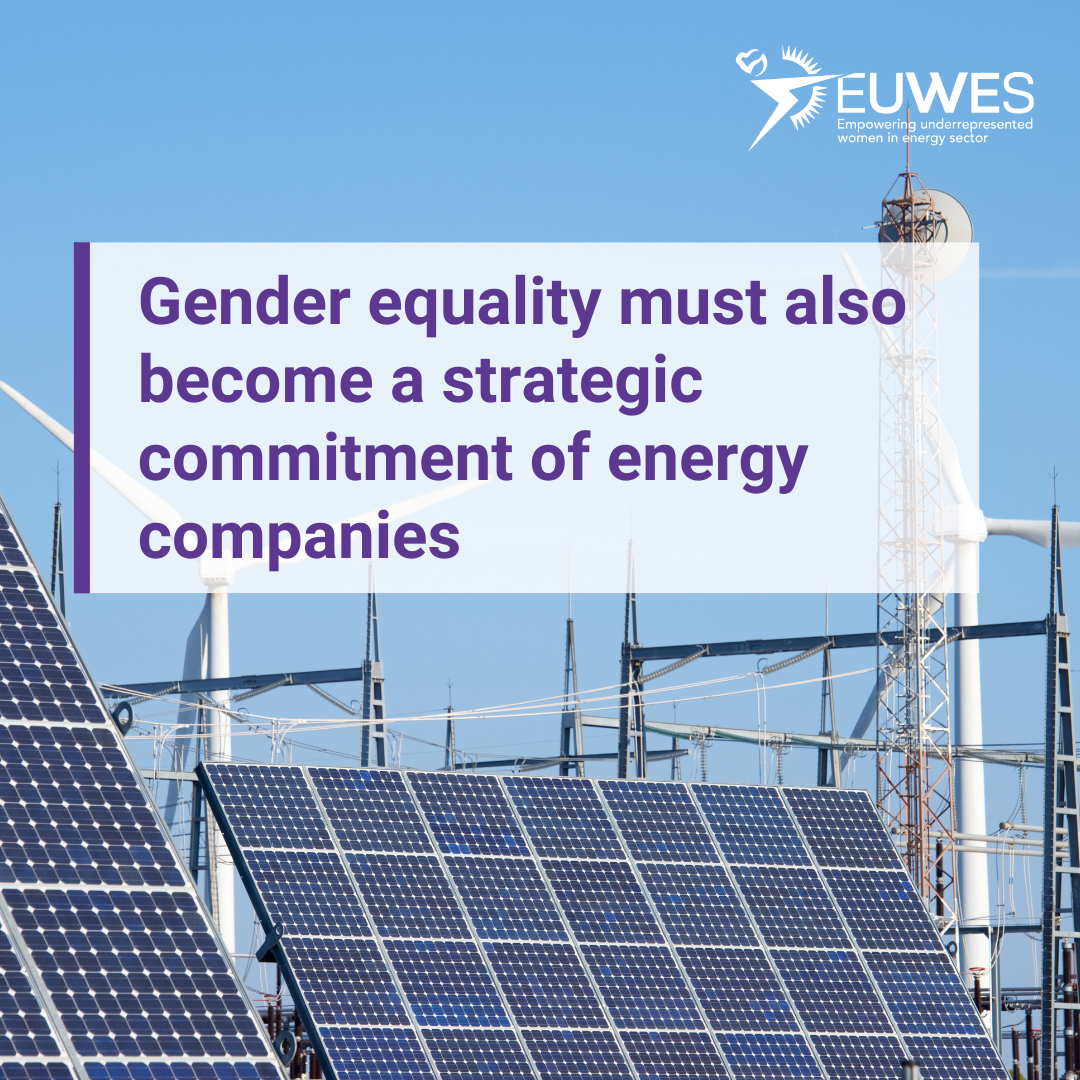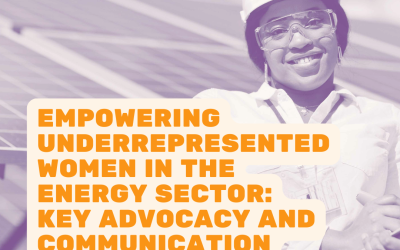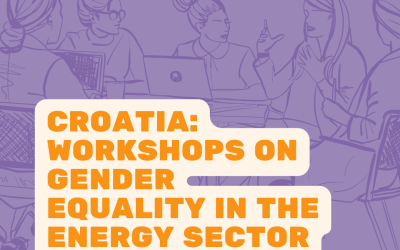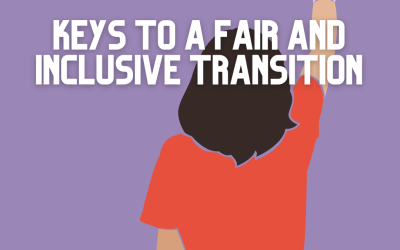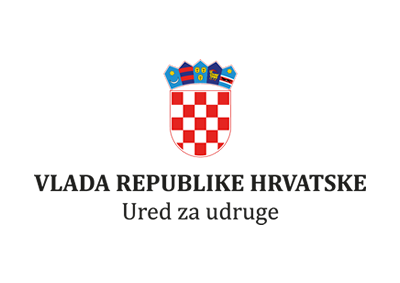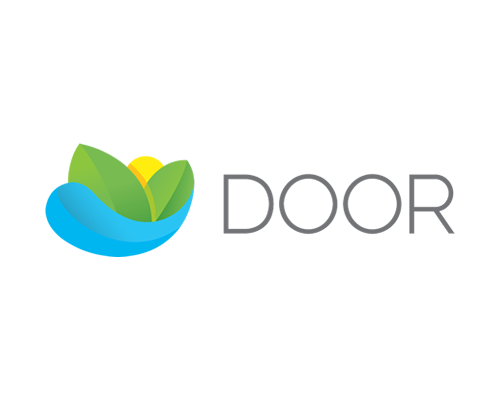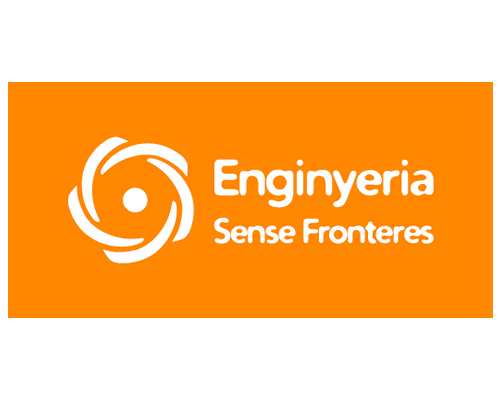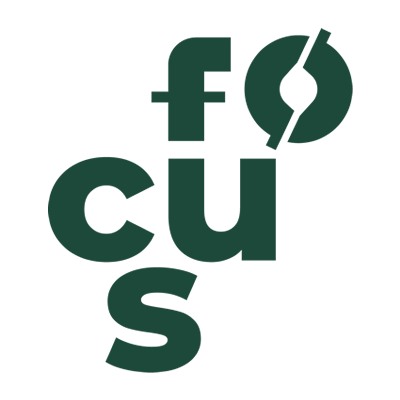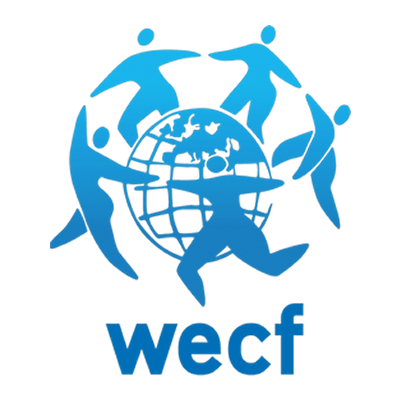The energy sector is one of the least gender‑diverse sectors. At European Union level, only 24% of energy sector employees are women, while in Slovenia, women make up only 15% of all employees in the energy sector (EU Gender Equality Index). Women are under-represented in the decision-making processes and in the management structures of energy companies, they are paid less and find it harder to get promoted. The environmental organisation Focus has dedicated the first in a series of training sessions on understanding gender issues and identifying patterns in the energy sector to energy companies, to be followed by further training sessions and workshops for civil servants, research organisations and female students as part of the EUWES project.
Women in the Energy Sector
In the global energy sector, according to the International Renewable Energy Agency (IRENA), women account for 22% of all employees in the fossil energy sector and 32% of all employees in the renewable energy serctor. Furthermore, a closer look of the type of employment in both sectors shows that women are mainly employed in support and adminstrative services.
Although we have achieved a high degree of equality in many areas of society, in the traditionally male-dominated energy sector there are still barriers preventing women from gaining a greater foothold in the industry. This is also the case in the renewable energy sector, where most new jobs are being created. The barriers are either structural, such as family policies, or social, such as gender stereotypes, prejudices and patterns, or institutional, such as corporate culture or company recruitment practices.
Analysis of the Situation, Followed by Closing Loopholes
One way to identify and address these barriers is through Gender Equality Action Plans in the workplace. For this reason, the first training session for energy companies organised by the environmental organisation Focus as part of the EUWES project focused on the development of Gender Equality Action Plans in the workplace.
Gender Equality Action Plans are strategic plans for companies that promote equity and equal opportunities for all employees, regardless of their gender, and have the potential to change entrenched practices that prevent women, as well as other social groups, from staying and advancing in the industry. Such plans are already mandatory for applications to certain calls for proposals, such as Horizon Europe.
Ana Kalin, Forum for Equitable Development, who outlined the steps for developing a Gender Equality Action Plan in the workplace*: “The focus is on changing the aspects that generate and perpetuate gender imbalances and inequalities. The Action Plan is not just a general commitment to gender equality. It is based on an analysis of the status quo, including gender-disaggregated data and develops measures based on the results of this assessment where it shows that there are obstacles. It is very important that companies adopt them with a sincere intention to improve the gender equality situation in the workplace. The support of the management is key to this.”
Women as Agents of Change
As women continue to take on a greater share of family care responsibilities, many of the measures in Gender Equality Plans are geared towards improving the work-life balance. Good practices also include the active encouragement of employees to take up career advancement opportunities through training and mentoring programmes. The HR department can keep a list of women in the company who are ready for promotion and, when the opportunity arises, assess their interest first. Quotas can also be used as a measure to correct the status quo and remove barriers, but should not be used in the absence of other measures to improve gender equality in a company.
Katjuša Šavc, Focus Association for Sustainable Development: “By taking action to improve gender equality in energy companies, we can create a more inclusive energy sector that strengthens the contribution of women in energy at a time when the sector is facing the challenges of decarbonisation. At the same time, by actively involving women, we can ensure that the benefits of the energy transition, such as new jobs in the renewable energy sector, are also shared equitably between the genders.”
At a time when the climate crisis is making us increasingly aware of the urgency of a rapid energy transition away from fossil fuels, energy companies can benefit from women as agents of change. But it is important to stress that it is not only women who are responsible for tackling the environmental crisis. This is not yet another caring responsibility that women should bear. Despite the evidence that women are behaving more sustainably both at home and at work, and are more proactive in finding sustainable solutions, the green transition is a task for society as a whole.
In the coming months, in addition to trainings for energy companies, Focus will also provide training sessions for research institutions on how to integrate a gender perspective into research, as well as training sessions for public officials on how to integrate a gender perspective into policy making. Additionally, workshops will be organised in secondary schools to encourage female students with an interest and talent in STEM fields to pursue studies related to the energy sector.
The international project EUWES – Empowering Underrepresented Women in the Energy Sector – aims to empower women in the energy sector. In addition to the analysis Women in Energy Sector in Slovenia, training and workshops, the project will also develop recommendations for decision-makers.
* Forum for Equitable Development has also developed a free online training on how to develop Gender Equality Action Plans in the workplace. At the same time, they offer support in the preparation of both the plan and the services.
